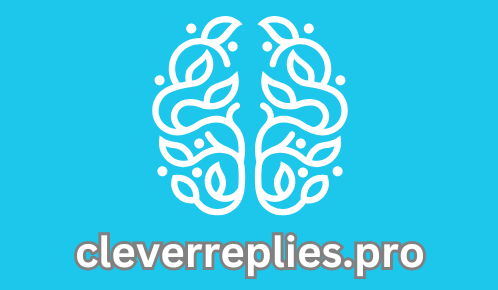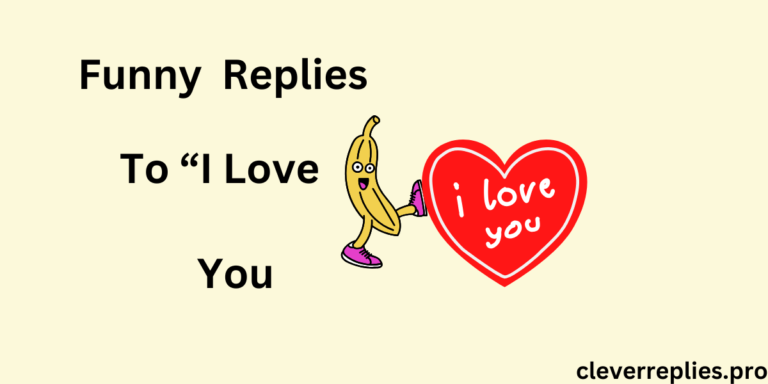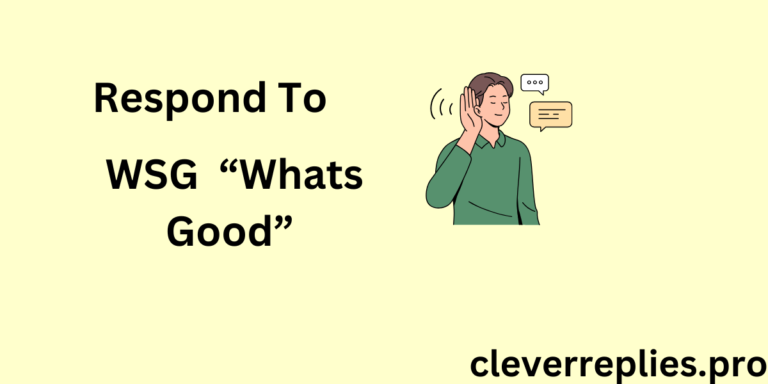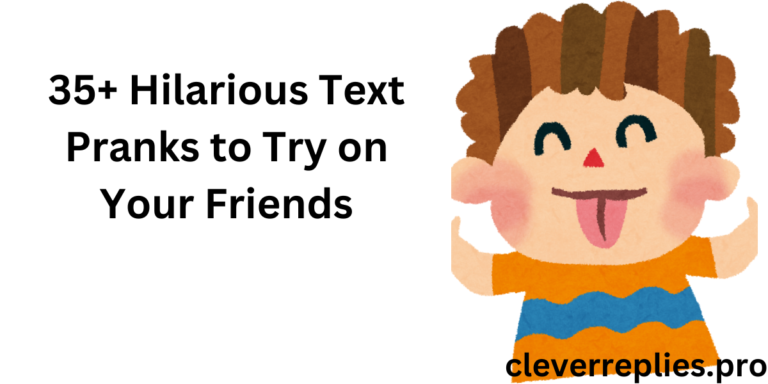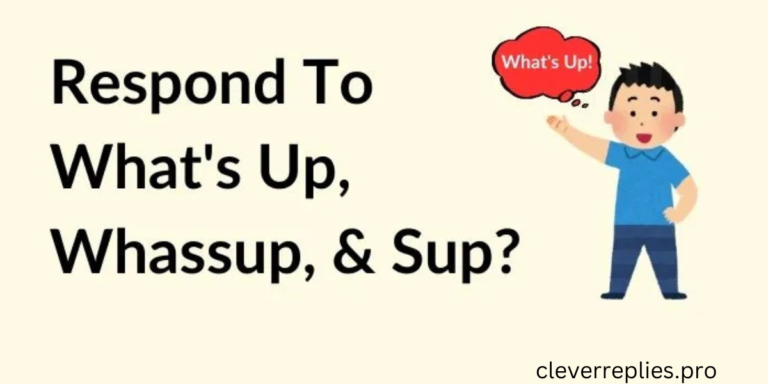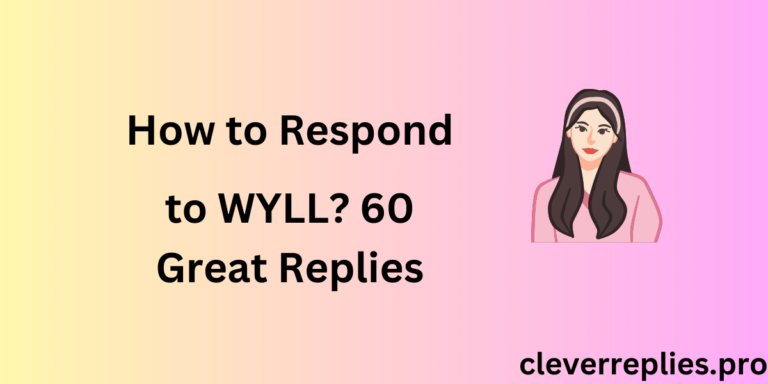“Pookie”—what is it? Meaning, Options, and the Greatest Reactions!
introduction
Although “Pookie” may seem strange, this charming moniker has entered many relationships and has grown to be a term of love for friends, family, and partners alike.
Wondering what makes “Pookie” so unique?
We’ll go over all you need to know about “Pookie” in this post, including its definition, history, and usage in speech. We’ll address all of your inquiries!
A Few Quick Facts About Pookie
“Pookie,” like “Sweetie” or “Lovebug,” is an affectionate term.
It’s a popular way to express affection to loved ones, such as partners, kids, or pets.
“You’re always my favorite, Pookie!” is one way to employ Pookie.
What Does Pookie Mean?
Like “honey” or “darling,” it’s frequently used to affectionately describe a companion, but it’s not limited to romantic partnerships.
Depending on the situation, the tone, and your relationship with the individual, you can nickname anyone with whom you have a pleasant bond “Pookie.”
The following are some typical usages of the term:

Romantic Love
“Pookie” is frequently used as a pleasant and lighthearted nickname between partners in love relationships.
It’s the kind of word that conveys sensitivity and intimacy without being unduly serious.
“I can’t wait to hang out with you, Pookie!” you might exclaim. to express your love for your spouse!
Good-natured Joking
“Pookie” can be used in a playful or taunting manner among friends.
For example, when a close buddy is being silly or you want to lighten the situation, you can call them “Pookie.”
Warmth of Family
One of the “baby talk” terms used by parents to describe their children is “Pookie.”
This conveys love and warmth and frequently evokes feelings of tenderness and protection.
For example, “How’s my little Pookie today?” is what parents could say.—making it a phrase that connotes affectionate care.
Adorable for Animals
It’s interesting to note that “Pookie” is also a common pet name. Owners of dogs, cats, and even rabbits frequently affectionately refer to them as “Pookie.”
This may be due to the word’s adorable and gentle sound, which makes it ideal for pets, who are frequently regarded as members of the family.
The phrase “Come here, Pookie!” highlights the unique connection between owners and their furry pets and may be applied to a cherished pet just as easily as it would to a person.
Influence of Pop Culture
Pop culture has also influenced our perception of “Pookie” over time.
The term has been used in TV series, movies, and music, frequently to add humor or express a playful devotion.
Engage in Reddit Pookie debates.
Other Nicknames That Are Like “Pookie”
Although “Pookie” has a particular place in the annals of loving, there are other nicknames that might make your connection sweeter.
Here are other adorable possibilities that have the same playful, affectionate vibe if you want to switch things up or check into more cute alternatives:

Snookums
“Snookums,” a playful and almost hyperbolic expression of affection, with a comparable vigor to “Pookie.”
Although it’s frequently employed in romantic relationships, it can also easily enter conversations within the family or among close friends.
Sweetie
One of the most common pet names is “sweetie.” Whether you’re contacting your child, your lover, or even a close friend, it has a soft, loving tone and may be used in a number of situations.
Honeybun
“Honeybun,” a bit more unusual take on “Honey,” gives an already well-liked pet name a nice, charming touch. It’s gentle and reassuring, ideal for conveying affection with the ideal balance of sweetness.
Both parents and partners may use it, which makes it a flexible substitute for “Pookie.”
Cutie Pie
“Cutie Pie,” another whimsical and fun choice, blends love with a dash of sweetness.
It is frequently used between friends or lovers, and because of its simplicity, it may be said without seeming over the top.
Lovebug
“Lovebug” is a sweet choice for people looking for a phrase that expresses warmth and love.
It’s adorable and charming, and it’s frequently used with kids or in love situations. It feels lovely and playful due to its whimsical nature, much to “Pookie,” but with a stronger focus on loving.
Buttercup
Because of its soft, soothing texture, “Buttercup” is ideal for romantic partners, kids, and even pets.
Even if it’s not as popular as some of the other phrases, it still has that cozy, nostalgic vibe. Using “Buttercup” can convey compassion while keeping a lighthearted tone.
Darling
“Darling” can be a beautiful substitute if you’re searching for something a little more sophisticated.
Even though it’s more formal than “Pookie,” it nevertheless conveys the same loving connotation, particularly in romantic settings.
It’s a fantastic option if you wish to convey a feeling of refinement while being affectionate and welcoming.
How to React If Someone Calls You “Pookie”
Although the appropriate response to “Pookie” will vary depending on your comfort level and the situation, the following advice will help you keep things lighthearted and relevant:
Don’t be serious
If the term is used in a lighthearted manner in a romantic or casual relationship, accepting the humorous nature of “Pookie” might be a terrific way to react.
Something as easy as “Hey there, Pookie!” or “What’s up, Pookie?” keeps the energy flowing and the tone lighthearted.
“I’m not Pookie, I’m the whole Pookie pie!” is an example of a statement that could be made if you’re both in a humorous mood. To further emphasize the lighthearted affection underlying the moniker, a little comedy can help.
Express Love
Responding with love can strengthen the bond if “Pookie” is utilized in a more serious or personal way.
“Aw, you know I love when you call me that!” is one possible response. or “You’re also my Pookie!”
It’s a simple method to keep a feeling of intimacy and return affection.
Participate with a Small Surprise
You may respond with surprise at first if you’re not used to being called “Pookie.”
By asking it in jest, “Did you just call me Pookie?” you may embrace the moment. or “I had no idea we were that good!”
This type of reaction keeps the conversation light and demonstrates your willingness to adapt.
Accept It and Make It Yours
Simply accepting the nickname can be a kind and direct response if it surprises you but you don’t dislike it.
“I guess I’m your Pookie now!” or something similar. or “Pookie, what? I kind of like it, actually! demonstrates that you’re at ease with the moniker and receptive to the love it suggests.
Give a compliment in return
If you’re feeling a little more flirty or loving, responding to “Pookie” with a compliment can be a wonderful way to return the favor.
By complimenting the person using the nickname and maintaining a friendly tone, statements like “I like being your Pookie—makes me feel special” or “You always know how to make me smile, don’t you?”
When to Establish Limits
It’s acceptable to establish limits if the phrase seems too personal, too early in a relationship, or just doesn’t feel right.
Without offending anyone, you can express your emotions with a kind, straightforward reply like “I prefer you call me by my name” or “I’m not really into pet names like that.”
Famous Pop Culture Applications of “Pookie”
“Pookie” has become ingrained in popular culture over time, showing up in TV series, films, and even songs.
Fans, fictional characters, and celebrities have all embraced it, which has increased its allure and recognition.
Let’s examine a few noteworthy examples of “Pookie”‘s usage in popular culture.
The Cosby Show’s “The Pookie Syndrome
Olivia, Cliff and Clair Huxtable’s little daughter, was referred to as “Pookie” on The Cosby Show, one of the most iconic usage of the phrase in popular culture.
The show’s fun and loving use of “Pookie” struck a chord with viewers, emphasizing the caring interaction within the family.
This portrayal contributed to the establishment of “Pookie” as a name of affection that could be used in a loving and amusing manner among family members.
In New Jack City, “Pookie”
Chris Rock’s portrayal of Pookie, a key character in the 1991 movie New Jack City, is another well-known allusion to “Pookie.”
Although the moniker refers to a problematic character in this criminal thriller, many fans have associated it with Chris Rock’s portrayal.
Even though the film’s background is anything but humorous, the moniker “Pookie” became a point of reference for viewers, solidifying the movie’s status in popular culture.
In music, “Pookie”
In the music industry, the moniker “Pookie” has also become popular, especially in rap and R&B lyrics.
The phrase is frequently used by artists to refer to a friend or lover in a lighthearted or kind manner. Its catchy, light sound easily fits into a song’s rhythm, and its loving tone is perfect for conveying appreciation or love.
In many instances, “Pookie” has evolved into a means for artists to express intimacy in their songs without becoming overly somber.
The term “pookie” in online memes
In the era of social media, online memes and viral content have given nicknames like “Pookie” new life.
“Pookie” has emerged as a popular phrase for expressing affection and comedy in a digital setting, whether it is used to allude to cherished pets, favorite fictional characters, or lighthearted online exchanges.
Internet communities have adopted the moniker because of its adorable, eccentric sound and capacity to evoke both love and comedy in everything from TikTok videos to Twitter conversations.
“Pookie” in children’s shows and cartoons
Additionally, “Pookie” finds a home in children’s media, where its charming and whimsical style is a perfect fit.
Cartoon creatures and animated animals are sometimes referred to as “Pookie,” which contributes to the sentimental and innocent atmosphere.
“Pookie” contributes to creating a loving dynamic that appeals to younger audiences, whether it is between friends or in the setting of a loving parent-child connection.
Conclusion:
More than just a pretty moniker, “Pookie” is a sign of love that unites people.
Whether you use it with a friend, family member, partner, or even a pet, it makes any relationship feel a little cozier.
You’ll know it’s a small word with a great meaning the next time you hear or use it!
